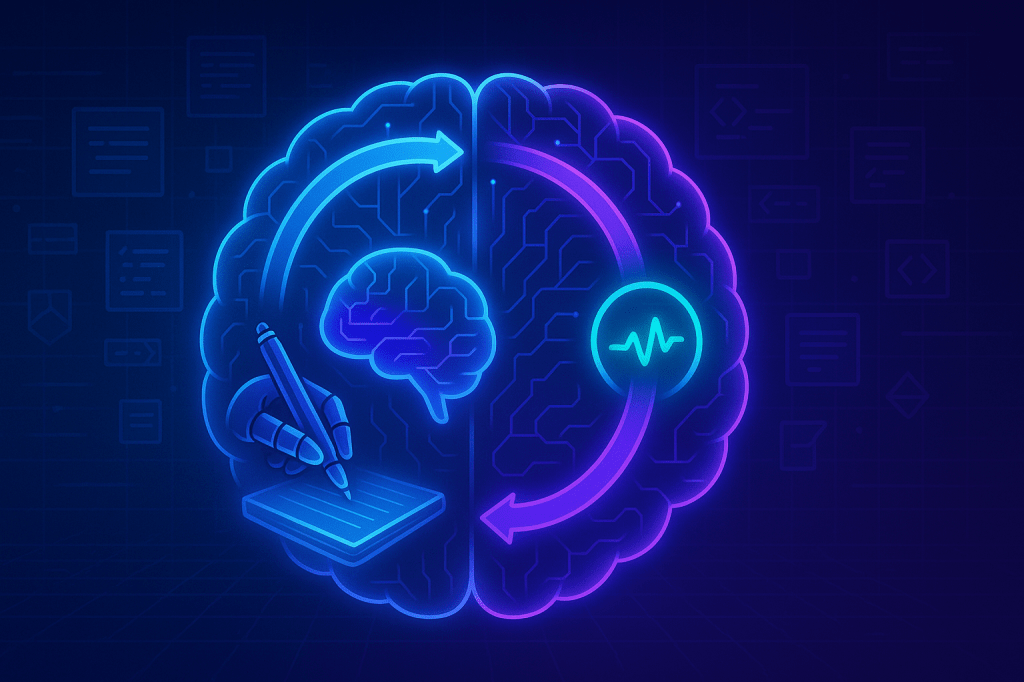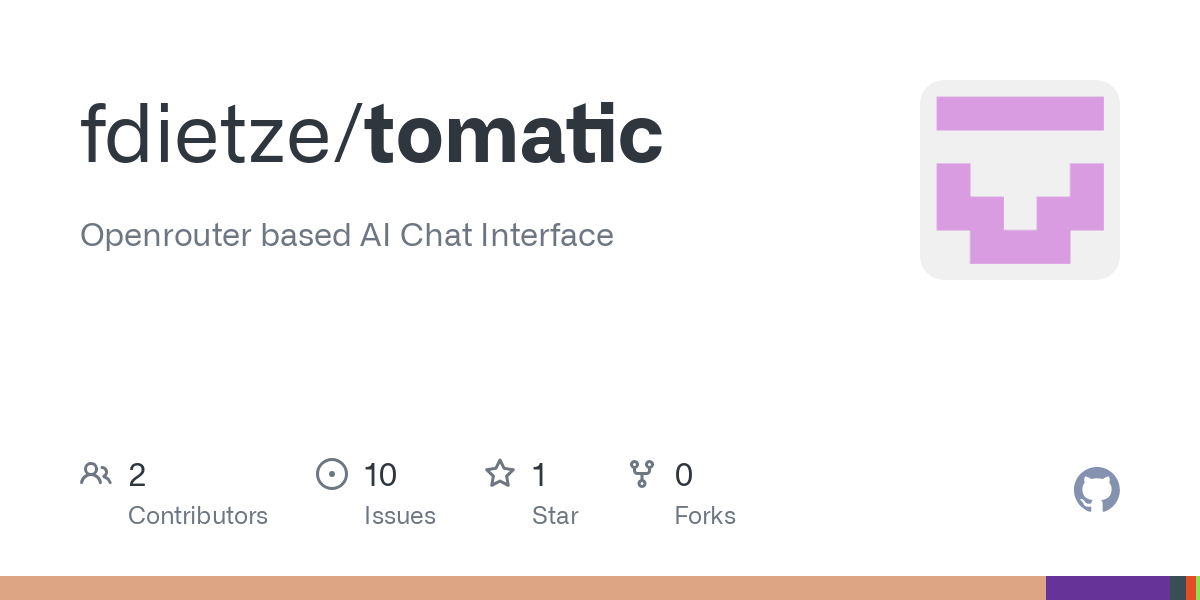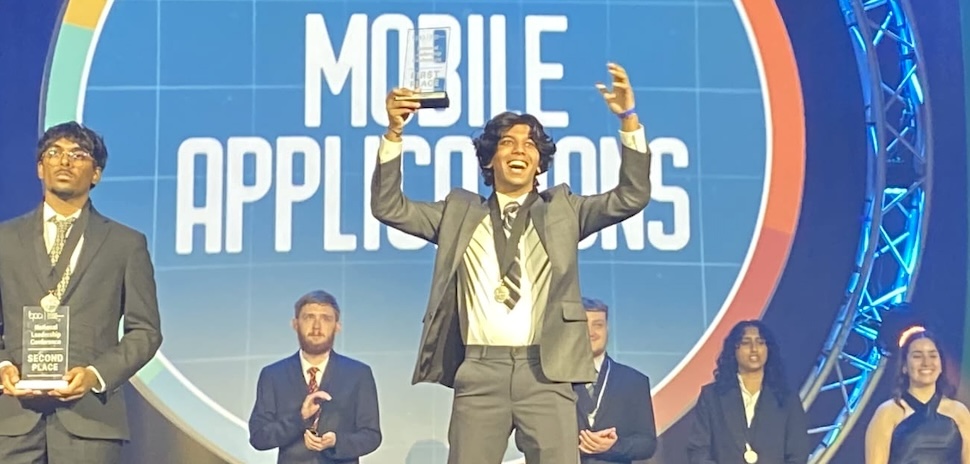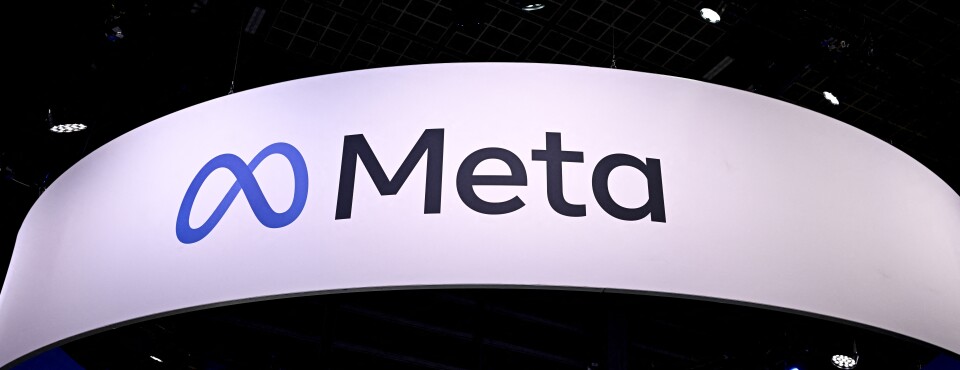The MIT-developed Self-Adapting Language Models (SEAL) framework enhances large language models (LLMs) by allowing them to continuously learn and adapt through self-generated training data and internal updates. This is particularly significant for enterprise applications where AI agents must routinely adapt to new information in dynamic environments. Traditional LLMs struggle with task-specific adaptation, but SEAL’s reinforcement learning algorithm enables models to create “self-edits” for effective learning.
The SEAL framework involves a two-loop system: a temporary weight update followed by evaluation to assess performance improvement. Initial tests have shown promising results in knowledge incorporation and few-shot learning, significantly outperforming existing methods. However, challenges such as “catastrophic forgetting” and time constraints in real-time editing remain. Researchers advocate for a hybrid memory strategy, combining long-lasting knowledge updates with external memory storage to optimize the SEAL process, poised to revolutionize AI adaptability in enterprise settings.
Source link









